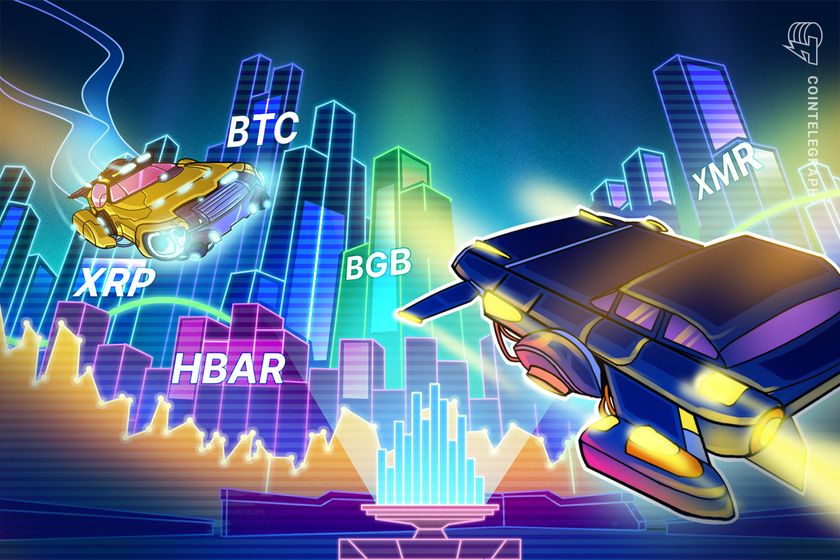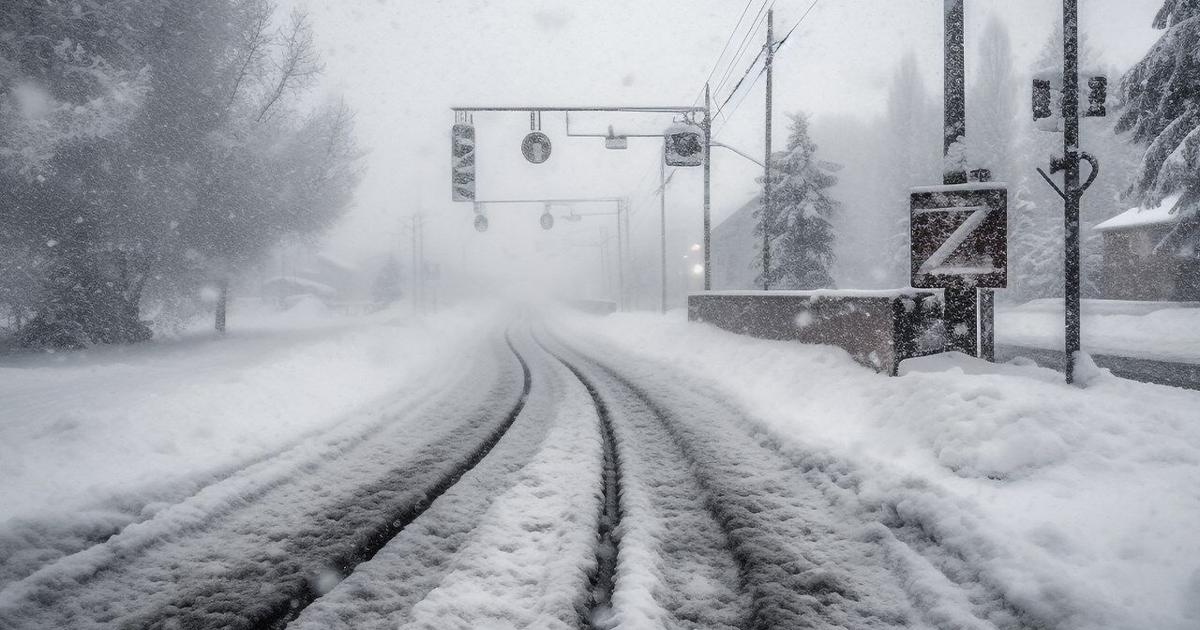KIGALI, Rwanda — Rwandans are voting Monday in a presidential election that is expected to extend the long rule of President Paul Kagame, who has held power since 1994.
Some voters in the capital Kigali arrived arrived as early as 5 a.m. and waited for polls to open. There were long lines at some polling stations.
“This is going to be my first time to vote. I am voting for President Kagame because I have never seen a leader like him before,” said passenger motorcyclist Jean Claude Nkurunziza.
Election authorities say 9.5 million Rwandans are registered to vote in the population of 14 million. Provisional results are expected later on Monday.
The outcome will almost certainly be in favor of Kagame, an authoritarian leader who is running virtually unopposed.
His opponents are Frank Habineza of the Democratic Green Party of Rwanda and independent candidate Philippe Mpayimana, both of whom struggled to attract supporters during campaigns.
Kagame faced the same opponents in 2017, when he took nearly 99% of the vote.
Habineza told the AP Monday that his party “has improved and we are confident we will perform very well this time.”
Kagame, 66, has been in charge of the small eastern African country since he seized power as the leader of rebels who took control of Rwanda’s government and ended the genocide in 1994.
He was Rwanda’s vice president and de facto leader from 1994 to 2000, when he first became president. He is condemned by many as a violent authoritarian while praised by others for presiding over impressive growth in the three decades since the genocide.
Kagame is among some African leaders who have prolonged their rule by pursuing changes to term limits. In 2015, Rwandans in a referendum voted to lift a two-term limit. Now Kagame could stay in power until 2034.
Kagame told reporters Saturday that his mandate comes from the people.
“The ruling party and Rwandans have been asking me to stand for another mandate,” he said. ”At a personal level, I can comfortably go home and rest.”
Rwanda’s election takes place amid heightened fears of insecurity in Africa’s Great Lakes region. A violent group of rebels known as M23 is fighting Congolese forces in a remote area of eastern Congo.
Between 3,000 and 4,000 Rwandan forces are fighting alongside M23, U.N. experts said in a report circulated last week. The U.S. government has described the group as being backed by Rwanda. Rwanda accuses Congo’s military of recruiting fighters who were among the perpetrators of the 1994 genocide.
Rights groups continue to raise alarm over harsh restrictions on human rights, including freedom of association, in Rwanda.
Amnesty International expressed concerns in a recent statement over “threats, arbitrary detention, prosecution on trumped-up charges, killings and enforced disappearances” targeting the political opposition in Rwanda.
That statement said the suppression of dissenting voices, including among civic groups and the press, “has a chilling effect and limits the space for debate for people of Rwanda.”
___
Follow AP’s Africa coverage at https://apnews.com/hub/africa





















Discussion about this post